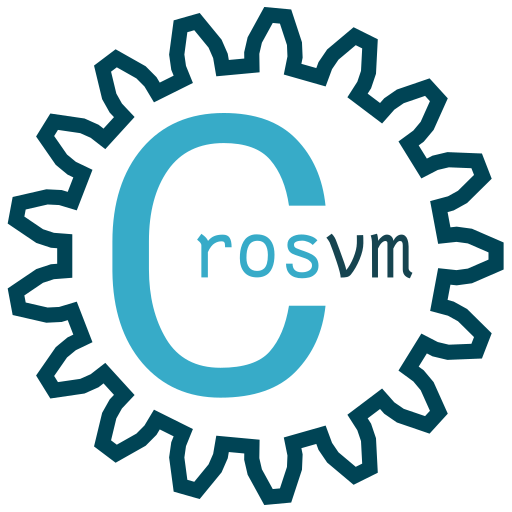mirror of
https://chromium.googlesource.com/crosvm/crosvm
synced 2024-11-25 13:23:08 +00:00
No description
The new LoadedKernel structure also splits out the size and end address, which are both used in different places (x86_64 wants end, aarch64 wants both). BUG=b:234155022 TEST=tools/presubmit TEST=cargo test -p kernel_loader Change-Id: I86a7e412c983f29a2c614cc9e6896aa11db6ba94 Reviewed-on: https://chromium-review.googlesource.com/c/chromiumos/platform/crosvm/+/3673611 Tested-by: kokoro <noreply+kokoro@google.com> Commit-Queue: Daniel Verkamp <dverkamp@chromium.org> Reviewed-by: Alexandre Courbot <acourbot@chromium.org> |
||
|---|---|---|
| .cargo | ||
| .devcontainer | ||
| .github | ||
| aarch64 | ||
| acpi_tables | ||
| arch | ||
| argh_helpers | ||
| base | ||
| bin | ||
| bit_field | ||
| broker_ipc | ||
| ci/kokoro | ||
| common | ||
| cros_async | ||
| crosvm-fuzz | ||
| crosvm_control | ||
| crosvm_plugin | ||
| devices | ||
| disk | ||
| docs/book | ||
| fuse | ||
| gpu_display | ||
| hypervisor | ||
| infra | ||
| integration_tests | ||
| io_uring | ||
| kernel_cmdline | ||
| kernel_loader | ||
| kvm | ||
| kvm_sys | ||
| libcras_stub | ||
| linux_input_sys | ||
| logo | ||
| media | ||
| metrics | ||
| net_sys | ||
| net_util | ||
| power_monitor | ||
| protos | ||
| qcow_utils | ||
| resources | ||
| rutabaga_gfx | ||
| seccomp | ||
| serde_keyvalue | ||
| src | ||
| system_api_stub | ||
| tests | ||
| third_party | ||
| tools | ||
| tpm2 | ||
| tpm2-sys | ||
| tracing | ||
| tube_transporter | ||
| usb_sys | ||
| usb_util | ||
| vfio_sys | ||
| vhost | ||
| virtio_sys | ||
| vm_control | ||
| vm_memory | ||
| win_audio | ||
| win_util | ||
| x86_64 | ||
| .dockerignore | ||
| .gitignore | ||
| .gitmodules | ||
| .rustfmt.toml | ||
| ARCHITECTURE.md | ||
| Cargo.toml | ||
| CONTRIBUTING.md | ||
| LICENSE | ||
| navbar.md | ||
| OWNERS | ||
| PRESUBMIT.cfg | ||
| README.chromeos.md | ||
| README.md | ||
| run_tests | ||
| rust-toolchain | ||
| setup_cros_cargo.sh | ||
| test_all | ||
| unblocked_terms.txt | ||
crosvm - The Chrome OS Virtual Machine Monitor
crosvm is a virtual machine monitor (VMM) based on Linux’s KVM hypervisor, with a focus on simplicity, security, and speed. crosvm is intended to run Linux guests, originally as a security boundary for running native applications on the Chrome OS platform. Compared to QEMU, crosvm doesn’t emulate architectures or real hardware, instead concentrating on paravirtualized devices, such as the virtio standard.
crosvm is currently used to run Linux/Android guests on Chrome OS devices.
- Documentation
- Announcements
- Developer Mailing List
- #crosvm on matrix.org
- Source code
- API doc, useful for searching API.
- For contribution, see the contributor guide. Mirror repository is available at GitHub for your convenience, but we don't accept bug reports or pull requests there.
- Issue tracker
